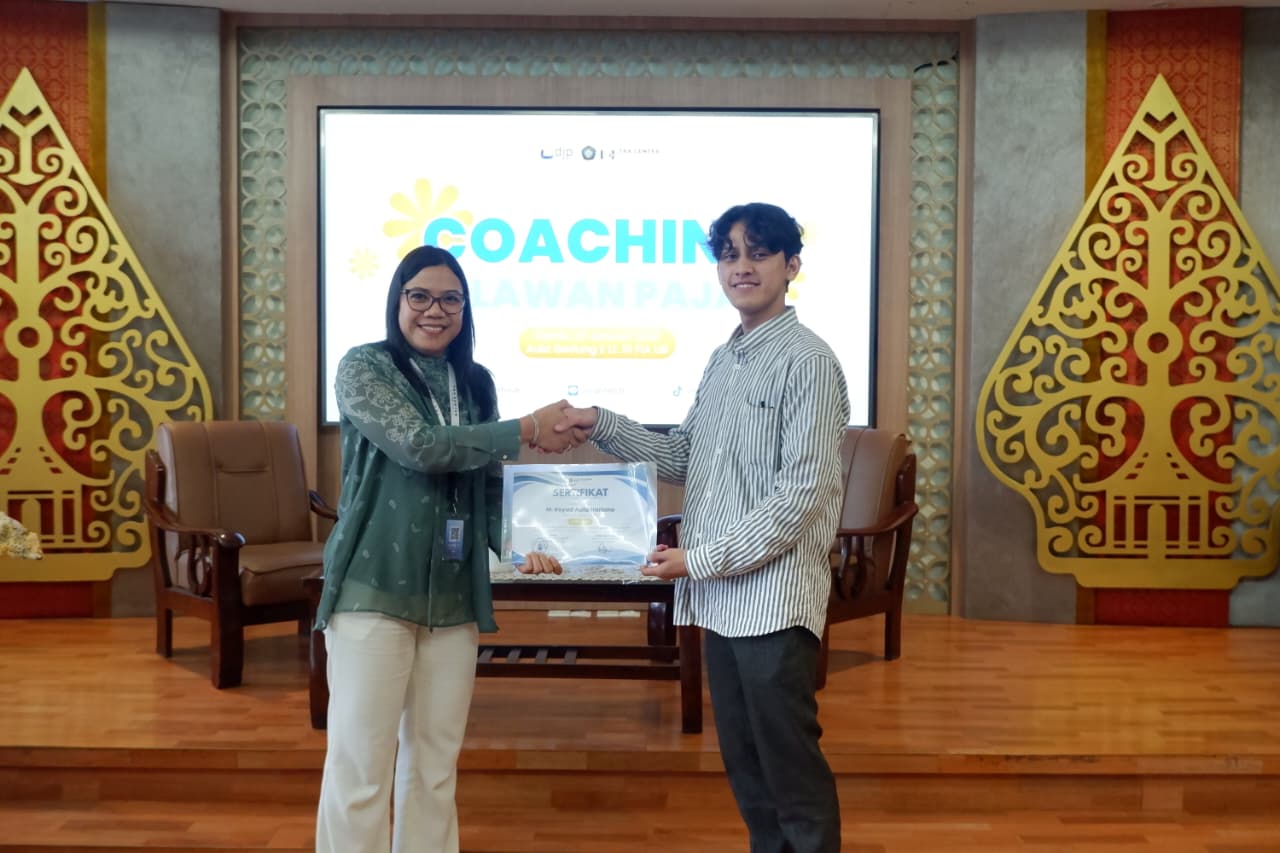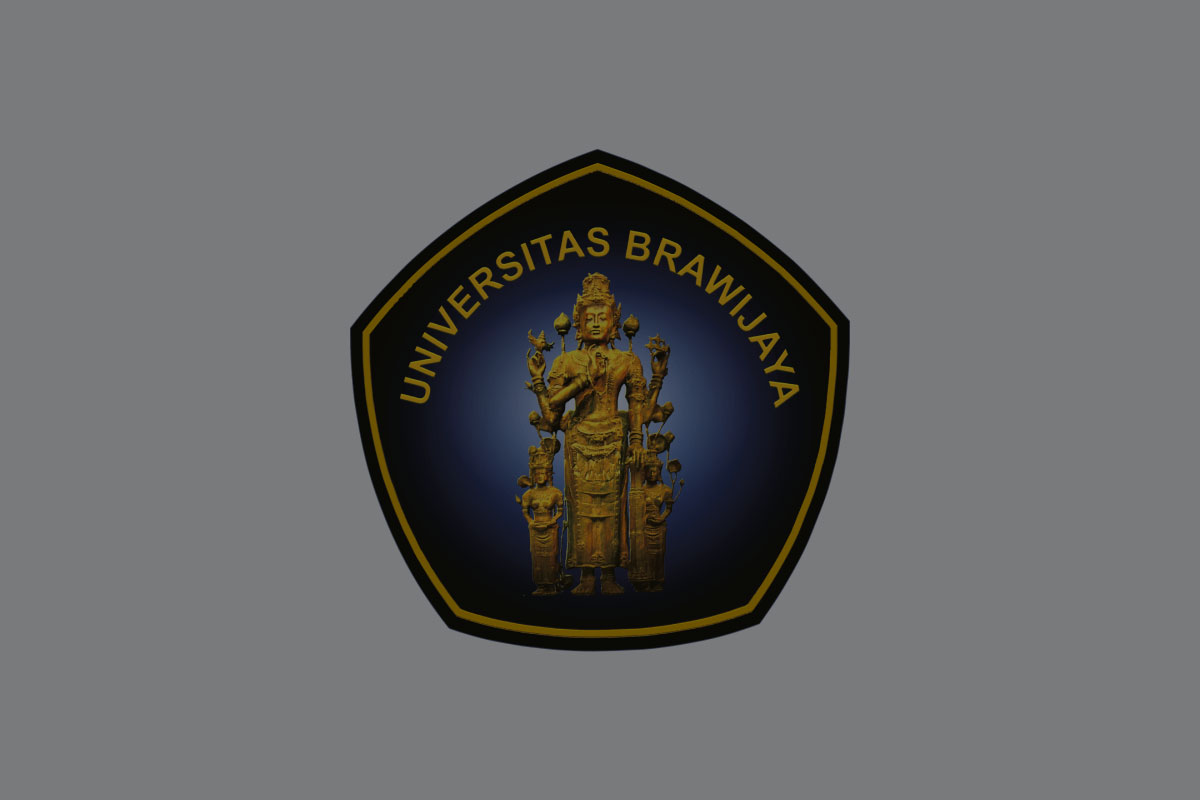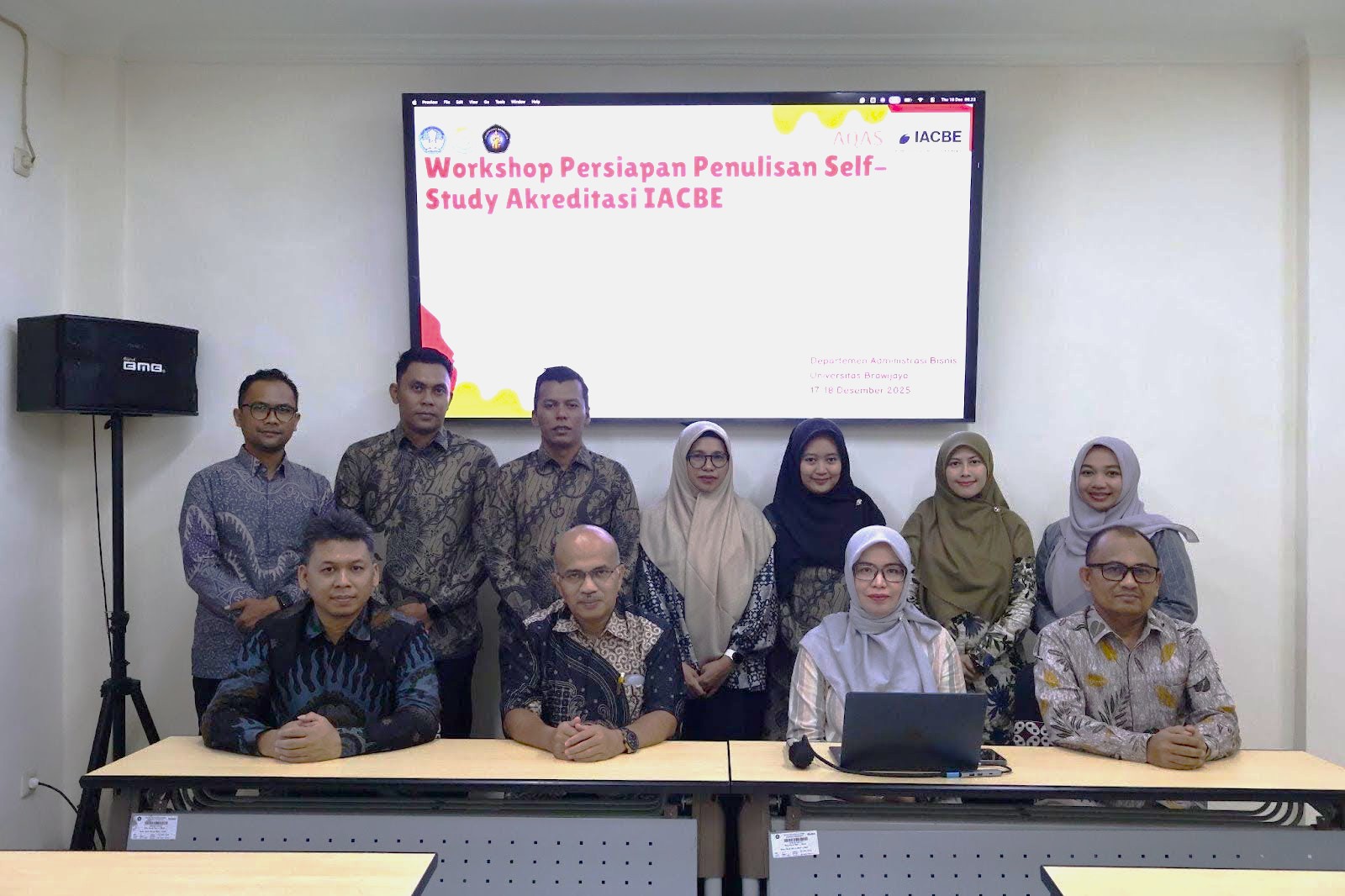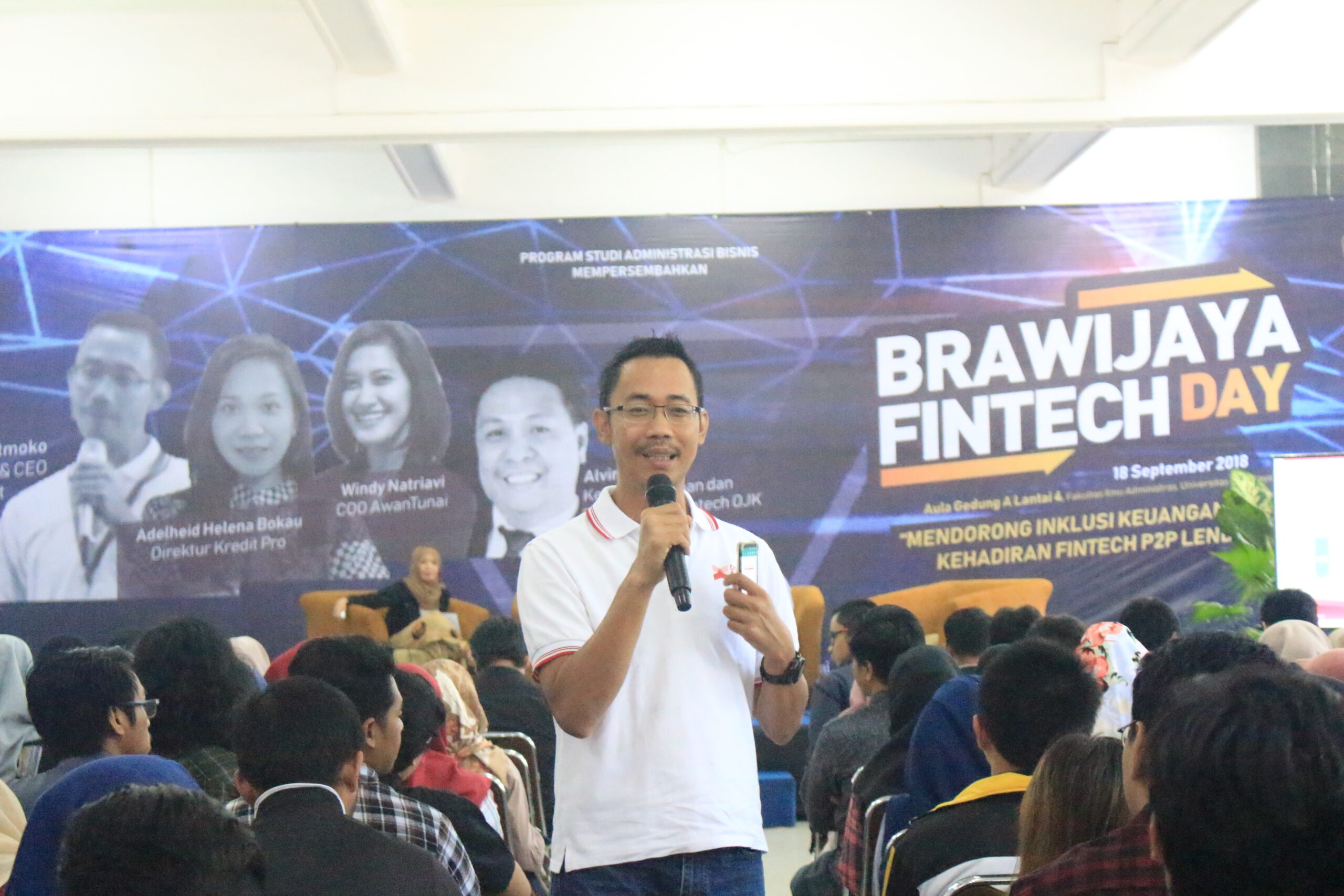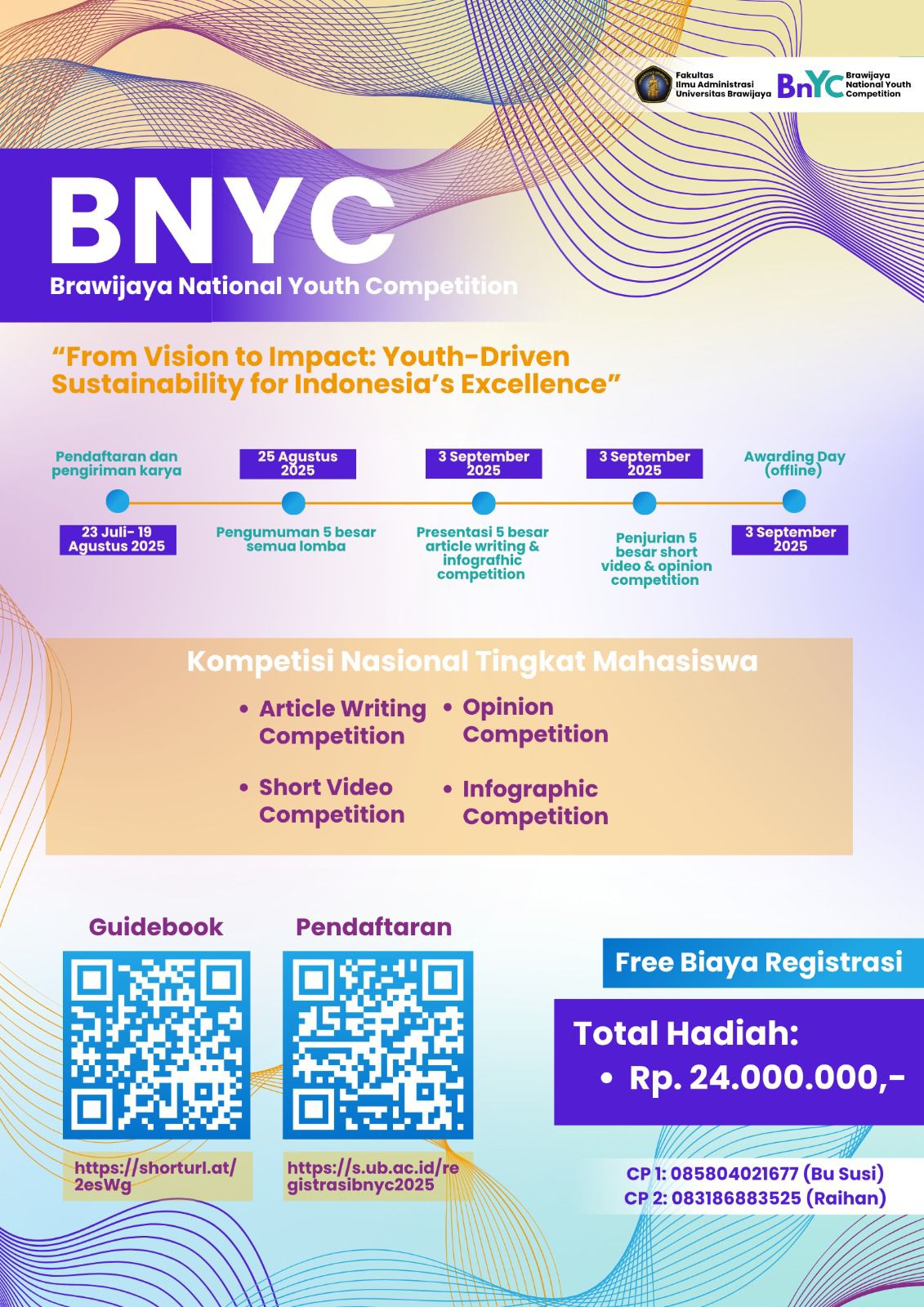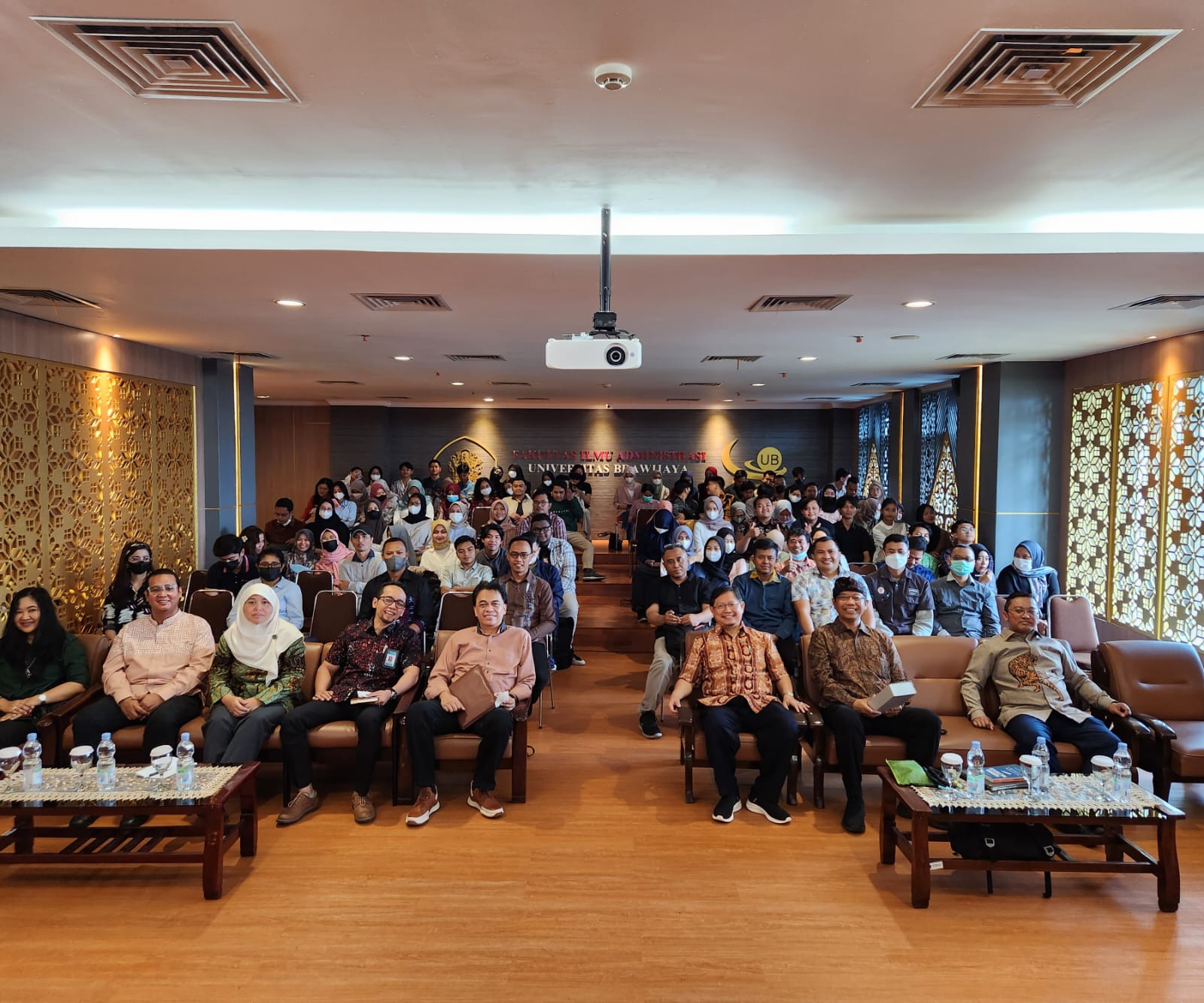The Public Administration Science Study Program, Faculty of Administrative Sciences, Brawijaya University (FIA UB), carries out International Guest Lectures by theme "Managing Organizational Change: Leadership Perspective”. International Guest Lectures This was carried out as one of the Administrative Sciences Study Program's efforts to appreciate Brawijaya University's mission to become a World Class University and at the same time as a form of sharing knowledge.
Speaker at the event International Guest Lectures this is Dr. Halimah Binti Abdul Manaf who is a senior lecturer from the University of Utara Malaysia. At this event there were 300 participants, consisting of undergraduate students from the Public Administration Science Study Program, students from the Master of Public Administration Science Program, and students from the Administrative Science Doctoral Program at FIA UB.
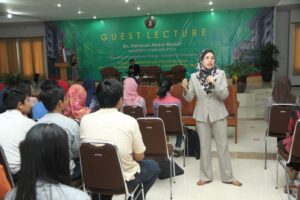
This event was opened by the Dean of FIA UB Prof. Dr. Bambang Supriyono, MS. In his speech, he emphasized that leadership from an organizational perspective really needs to be mastered by all students and scientists who are required to be agents of change. This perspective is related to the big impact on the progress and strengthening of an organization, both formal and non-formal. The Dean also emphasized that as one of the best faculties in Indonesia, FIA UB students and lecturers from all departments are very welcome to do visiting studies abroad whose aim is to increase capabilities and global insight.
In her presentation Halimah explained that leadership (leadership) has become one of the dimensions that is always dynamic in human life itself, including organizations. The leadership aspect is a determining factor in determining a leader, for example when choosing a leader we need people who have a leadership spirit themselves. People and the world community see leadership as a visible aspect that is inherent in a leader. Strategic leadership is also closely related to aspects good governance in facing all situations and conditions. A leader is also characterized when he is able to manage capital (capital) owned, the capital referred to is cultural, intellectual, social and economic capital. "Humans who are leaders always learn to make themselves, their organizations and their nation strong, wise in dealing with problems, able to make decisions, and can make life more productive and full of peace," said this lecturer who is enthusiastic every time he visits Indonesia. (ALA/MRH/FIA)

